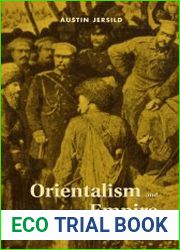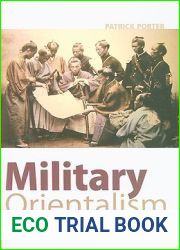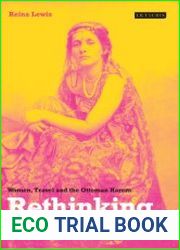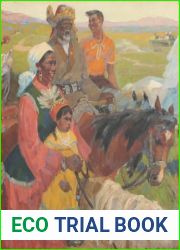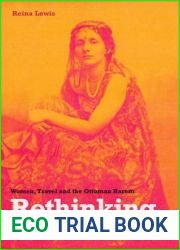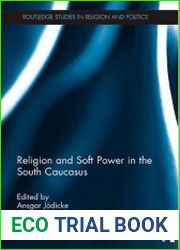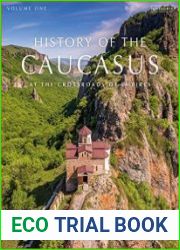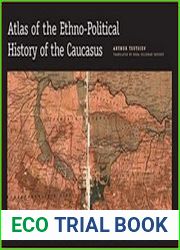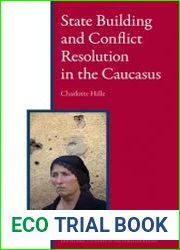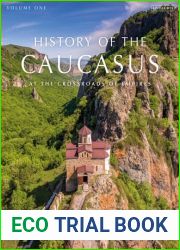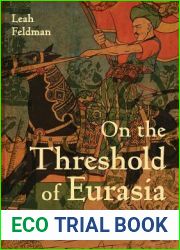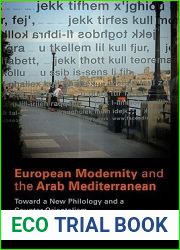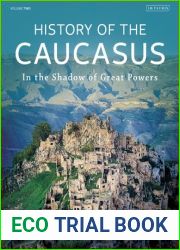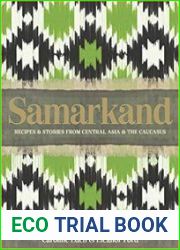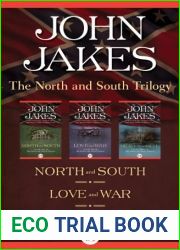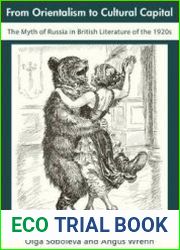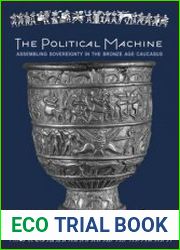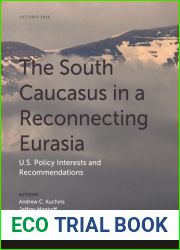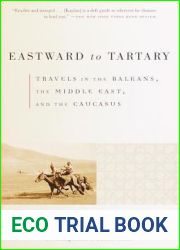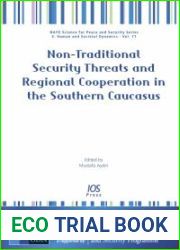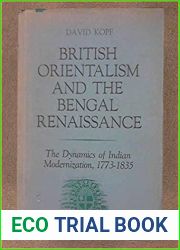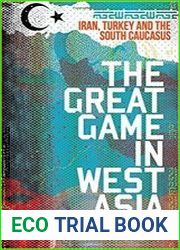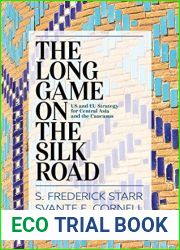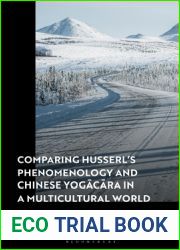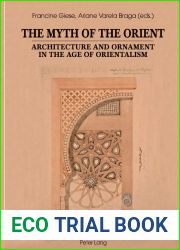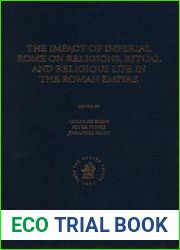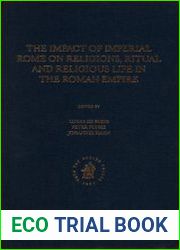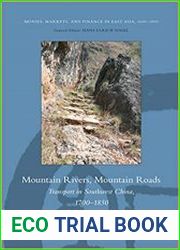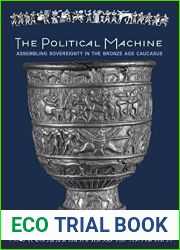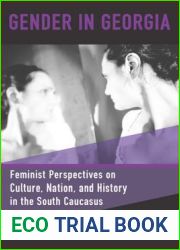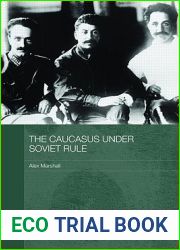
BOOKS - Orientalism and Empire North Caucasus Mountain Peoples and the Georgian Front...

Orientalism and Empire North Caucasus Mountain Peoples and the Georgian Frontier, 1845-1917
Author: Jersild, Austin
Year: 2003
Pages: 278
Format: PDF
File size: 23.3 Мб
Language: ENG

Year: 2003
Pages: 278
Format: PDF
File size: 23.3 Мб
Language: ENG

Orientalism and Empire: North Caucasus Mountain Peoples and the Georgian Frontier 1845-1917 In this captivating book, Austin Jersild delves into the intricate history of the North Caucasus Mountain Peoples and their interactions with the Georgian frontier during the tumultuous period of 1845-1917. The author masterfully weaves together religious, ethnic, archaeological, linguistic, and legal aspects to paint a vivid picture of the struggles for imperial integration and incorporation that took place in the region. Through the lens of both Russian and Georgian materials from Tbilisi, Jersild sheds light on the shared cultural concerns that played a crucial role in shaping the empire in the region. The story begins in the mid-19th century, as the Russian Empire sought to expand its borders and assert its dominance over the mountain peoples of the North Caucasus. The author explores the various means employed by the Russians to integrate these communities into their empire, including the use of religion, language, and customary law. As the centuries passed, the Georgians also became increasingly involved in the region, bringing their own unique perspectives and traditions to the table.
Ориентализм и империя: горные народы Северного Кавказа и грузинский рубеж 1845-1917 В этой увлекательной книге Остин Джерсильд углубляется в запутанную историю горных народов Северного Кавказа и их взаимодействия с грузинским рубежом в бурный период 1845-1917 годов. Автор мастерски сплетает воедино религиозные, этнические, археологические, языковые и правовые аспекты, чтобы нарисовать яркую картину борьбы за имперскую интеграцию и инкорпорацию, которая происходила в регионе. Через призму как российских, так и грузинских материалов из Тбилиси Джерсилд проливает свет на общие культурные проблемы, которые сыграли решающую роль в формировании империи в регионе. История начинается в середине XIX века, когда Российская империя стремилась расширить свои границы и утвердить своё господство над горскими народами Северного Кавказа. Автор исследует различные средства, используемые русскими для интеграции этих общин в свою империю, включая использование религии, языка и обычного права. С течением веков грузины также все больше вовлекались в регион, привнося на стол свои уникальные перспективы и традиции.
Orientalisme et Empire : les peuples montagneux du Caucase du Nord et la frontière géorgienne 1845-1917 Dans ce livre fascinant, Austin Jersild s'enfonce dans l'histoire confuse des peuples montagneux du Caucase du Nord et de leurs interactions avec l'étranger géorgien pendant la période tumultueuse de 1845-1917. L'auteur collabore avec compétence sur les aspects religieux, ethniques, archéologiques, linguistiques et juridiques pour dresser un tableau brillant de la lutte pour l'intégration impériale et l'incorporation dans la région. À travers le prisme des matériaux russes et géorgiens de Tbilissi, Jersild met en lumière les problèmes culturels communs qui ont joué un rôle décisif dans la formation de l'empire dans la région. L'histoire commence au milieu du XIXe siècle, lorsque l'empire russe cherchait à étendre ses frontières et à affirmer sa domination sur les peuples montagneux du Caucase du Nord. L'auteur étudie les différents moyens utilisés par les Russes pour intégrer ces communautés dans leur empire, y compris l'utilisation de la religion, de la langue et du droit coutumier. Au fil des siècles, les Géorgiens ont également été de plus en plus impliqués dans la région, apportant sur la table leurs perspectives et leurs traditions uniques.
Orientalismo e imperio: los pueblos montos del Cáucaso Norte y la frontera georgiana 1845-1917 En este fascinante libro, Austin Gersyld profundiza en la confusa historia de los pueblos montos del Cáucaso Norte y sus interacciones con la frontera georgiana durante el turbulento período 1845-1917. autor teje magistralmente aspectos religiosos, étnicos, arqueológicos, lingüísticos y jurídicos para dibujar una imagen vibrante de la lucha por la integración e incorporación imperial que tuvo lugar en la región. A través del prisma de los materiales rusos y georgianos de Tbilisi, Gersild arroja luz sobre los problemas culturales comunes que jugaron un papel crucial en la formación del imperio en la región. La historia comienza a mediados del siglo XIX, cuando el Imperio ruso buscaba ampliar sus fronteras y afirmar su dominio sobre los pueblos montos del Cáucaso Norte. autor investiga los diversos medios utilizados por los rusos para integrar estas comunidades en su imperio, incluyendo el uso de la religión, el idioma y el derecho consuetudinario. Con el paso de los siglos, los georgianos también se involucraron cada vez más en la región, trayendo a la mesa sus perspectivas y tradiciones únicas.
Orientalismus und Imperium: Die Gebirgsvölker des Nordkaukasus und die georgische Grenze 1845-1917 In diesem faszinierenden Buch geht Austin Jersild auf die verworrene Geschichte der Gebirgsvölker des Nordkaukasus und ihre Interaktion mit der georgischen Grenze in der turbulenten Zeit von 1845-1917 ein. Der Autor verwebt geschickt religiöse, ethnische, archäologische, sprachliche und rechtliche Aspekte, um ein lebendiges Bild des Kampfes um imperiale Integration und Eingliederung zu zeichnen, der in der Region stattfand. Durch die Linse sowohl russischer als auch georgischer Materialien aus Tiflis beleuchtet Jersield gemeinsame kulturelle Probleme, die eine entscheidende Rolle bei der Bildung des Imperiums in der Region gespielt haben. Die Geschichte beginnt in der Mitte des 19. Jahrhunderts, als das russische Reich versuchte, seine Grenzen zu erweitern und seine Herrschaft über die Bergvölker des Nordkaukasus zu behaupten. Der Autor untersucht die verschiedenen Mittel, mit denen die Russen diese Gemeinschaften in ihr Reich integrieren, einschließlich des Gebrauchs von Religion, Sprache und Gewohnheitsrecht. Im Laufe der Jahrhunderte engagierten sich auch die Georgier zunehmend in der Region und brachten ihre einzigartigen Perspektiven und Traditionen auf den Tisch.
''
Oryantalizm ve İmparatorluk: Kuzey Kafkasya'nın ve Gürcü Sınırının Dağ Halkları 1845-1917 Bu büyüleyici kitapta Austin Jersild, Kuzey Kafkasya'nın dağ halklarının karmaşık tarihini ve 1845-1917 çalkantılı döneminde Gürcü sınırı ile etkileşimlerini inceliyor. Yazar, bölgede gerçekleşen emperyal entegrasyon ve birleşme mücadelesinin canlı bir resmini çizmek için dini, etnik, arkeolojik, dilsel ve yasal yönleri ustaca bir araya getiriyor. Tiflis'ten gelen hem Rus hem de Gürcü materyallerinin prizmasıyla Jersild, bölgedeki imparatorluğun oluşumunda çok önemli bir rol oynayan ortak kültürel konulara ışık tutuyor. Hikaye, Rus İmparatorluğu'nun sınırlarını genişletmeye ve Kuzey Kafkasya'nın dağ halkları üzerindeki hakimiyetini iddia etmeye çalıştığı XIX yüzyılın ortalarında başlıyor. Yazar, Rusların bu toplulukları imparatorluklarına entegre etmek için kullandıkları çeşitli araçları, din, dil ve gelenek hukukunun kullanımı da dahil olmak üzere araştırıyor. Yüzyıllar boyunca Gürcüler de bölgeye giderek daha fazla dahil oldular ve kendi benzersiz bakış açılarını ve geleneklerini masaya getirdiler.
الاستشراق والإمبراطورية: شعوب الجبال في شمال القوقاز والحدود الجورجية 1845-1917 في هذا الكتاب الرائع، يتعمق أوستن جيرسيلد في التاريخ المعقد للشعوب الجبلية في شمال القوقاز وتفاعلها مع الحدود الجورجية خلال الفترة المضطربة 1845-1917. ينسج المؤلف ببراعة الجوانب الدينية والعرقية والأثرية واللغوية والقانونية لرسم صورة حية للنضال من أجل الاندماج والاندماج الإمبراطوري الذي حدث في المنطقة. من منظور المواد الروسية والجورجية من تبليسي، يسلط جيرسيلد الضوء على القضايا الثقافية المشتركة التي لعبت دورًا حاسمًا في تشكيل الإمبراطورية في المنطقة. تبدأ القصة في منتصف القرن التاسع عشر، عندما سعت الإمبراطورية الروسية إلى توسيع حدودها وتأكيد هيمنتها على الشعوب الجبلية في شمال القوقاز. يستكشف المؤلف مختلف الوسائل التي يستخدمها الروس لدمج هذه المجتمعات في إمبراطوريتهم، بما في ذلك استخدام الدين واللغة والقانون العرفي. على مر القرون، أصبح الجورجيون أيضًا منخرطين بشكل متزايد في المنطقة، حيث قدموا وجهات نظرهم وتقاليدهم الفريدة إلى الطاولة.







